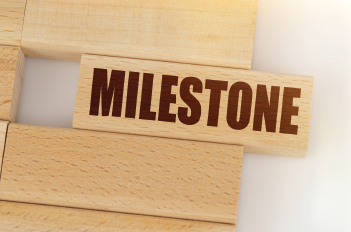
SkazovD / shutterstock.com
The past several decades have seen the transition of medical training from a hierarchical, teacher-driven model to a learner-centered approach that emphasizes competency-based medical education (CBME).
CBME refers to several aspects of education, including: 1) flexible, lifelong learning; 2) emphasis on knowledge and skills rather than regurgitation of facts; and 3) formative rather than summative assessments, with learners asked to apply knowledge to clinical situations frequently encountered in real-life medical practice. The purpose of formative assessment is to monitor student learning and provide ongoing feedback to staff and students. The goal of summative assessment is to evaluate student learning at the end of an instructional unit.
In 2013, the Accreditation Council for Graduate Medical Education (ACGME) helped buttress CBME efforts by introducing the Next Accreditation System, in which seven specialties—including internal medicine—developed reporting milestones.1
As Andolsek and colleagues recently described in the Journal of Graduate Medical Education, milestones refer to “… narrative descriptors of a resident or fellow’s developmental progression along an expected trajectory within each competency domain, typically from novice to aspirational levels.”2
Milestones are an important part of the evolution of medical training because they support the core tenets of adult learning theory, which include self-directed learning and reflection on life experiences and progress on the basis of explicitly stated goals and objectives.
Milestones help emphasize the application of knowledge toward the achievement of tangible outcomes, such as the development of leadership and communication skills. Such skills are increasingly important to the modern practice of medicine. In today’s climate, teams are often interprofessional, good communication is key to helping patients navigate the complex medical system, and the ability to work on quality improvement in medical care delivery is an essential area of proficiency for trainees and faculty members alike.
The inaugural ACGME milestones were independently developed by each medical specialty, which resulted in more than 150 milestone sets.3 With so many disparate milestones, wide variability existed in how each learning domain was characterized. Professionals working with the ACGME felt that standardizing milestones across competency domains would lead to greater consistency and allow educators to collaborate as a learning community.
Thus, the Milestones 2.0 initiative was launched, with the goal of creating harmonized milestones.4
These harmonized milestones were developed by content experts, training program directors and faculty members across several medical specialties, with core competencies in the categories of systems-based practice, professionalism, interpersonal and communication skills, and practice-based learning and improvement.



